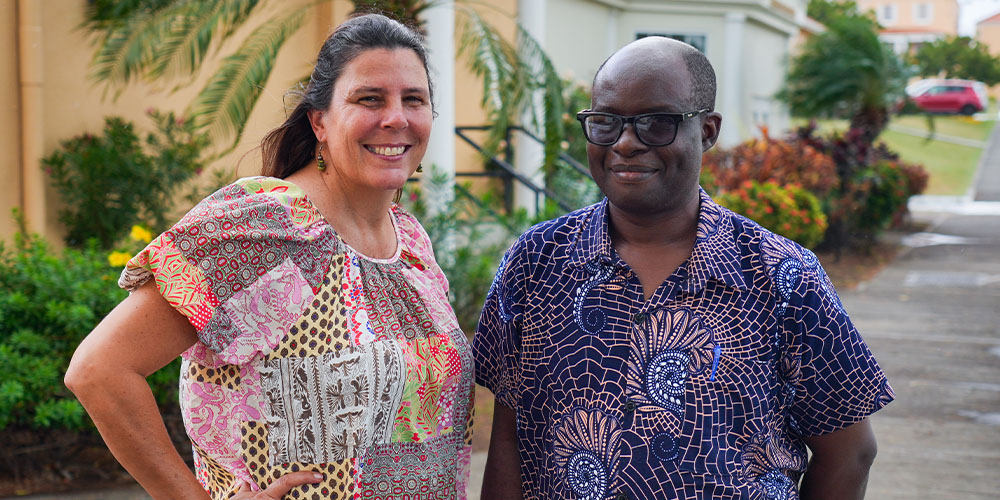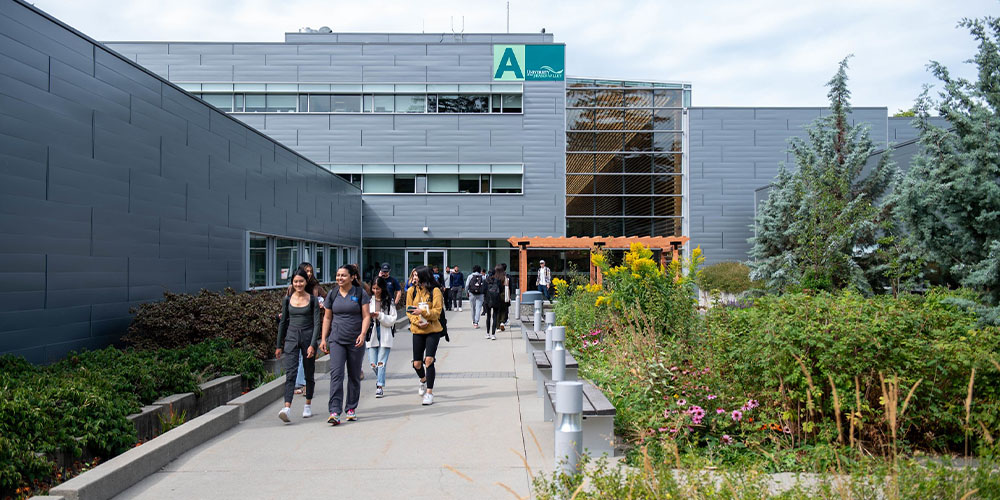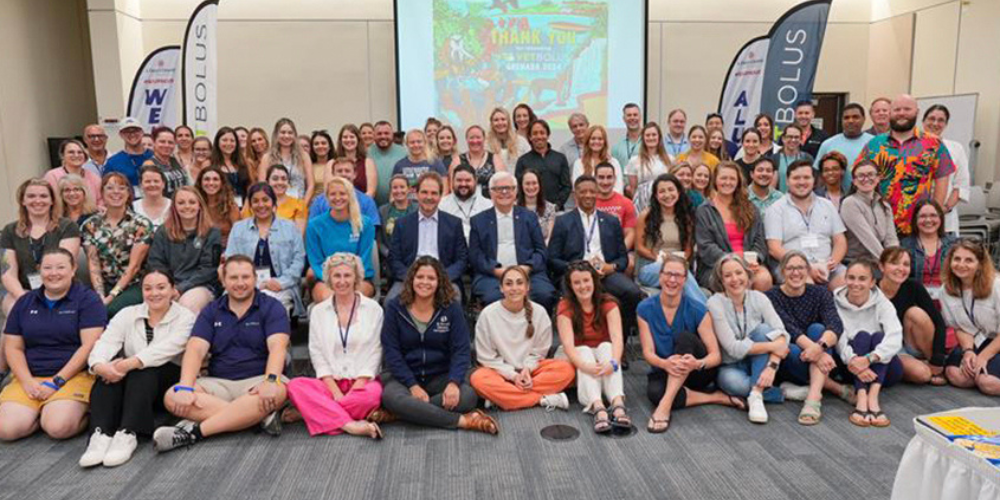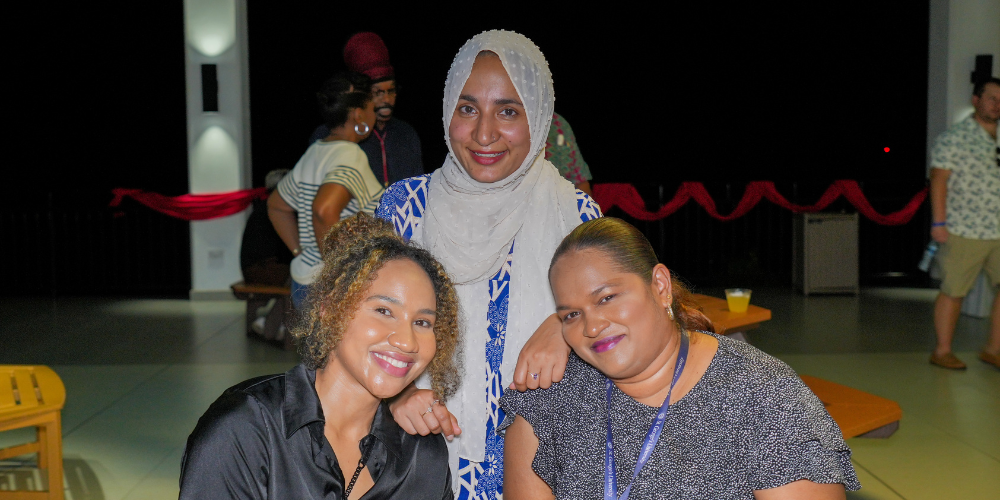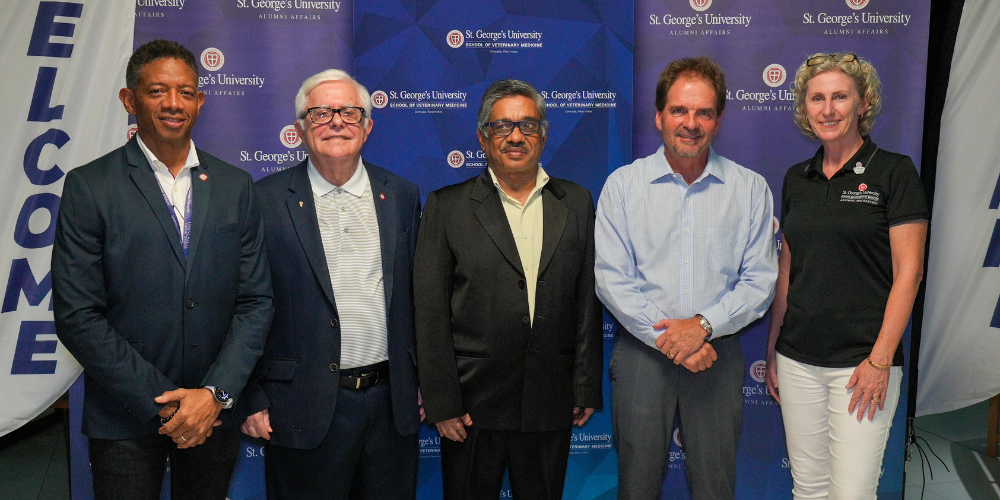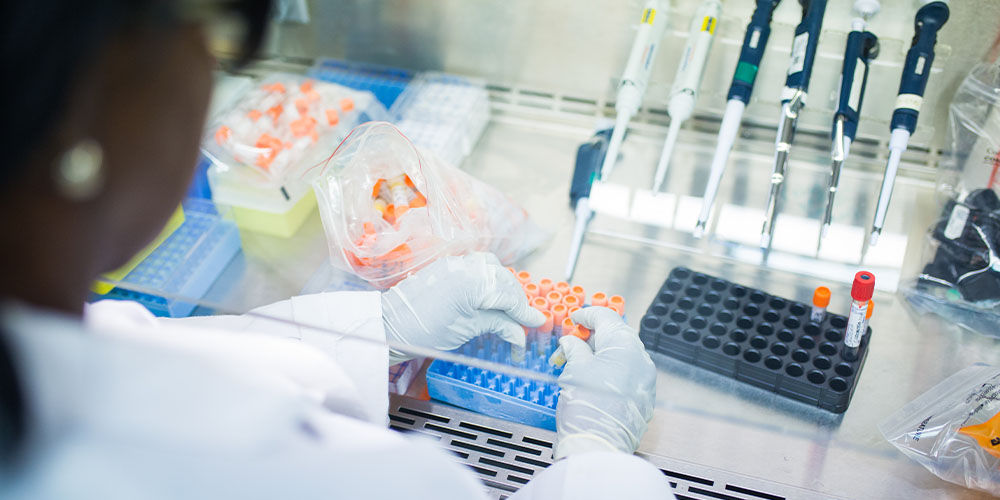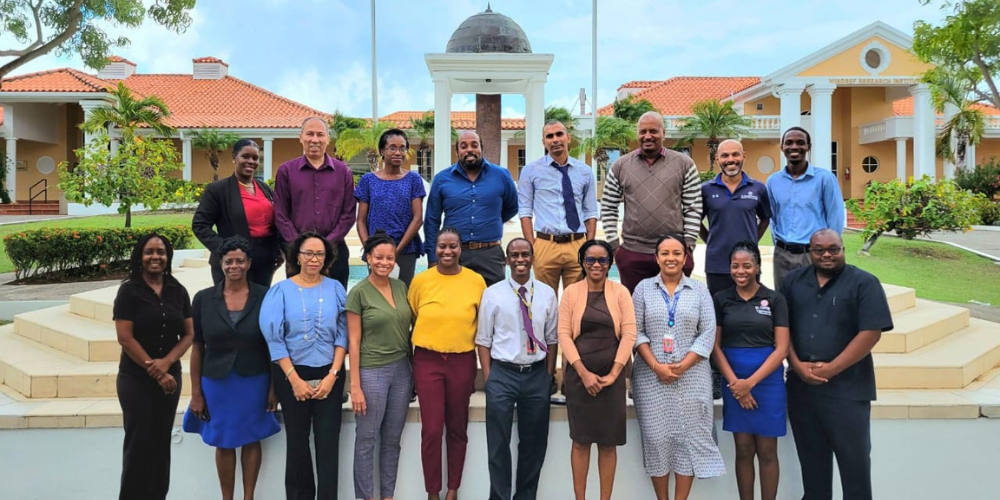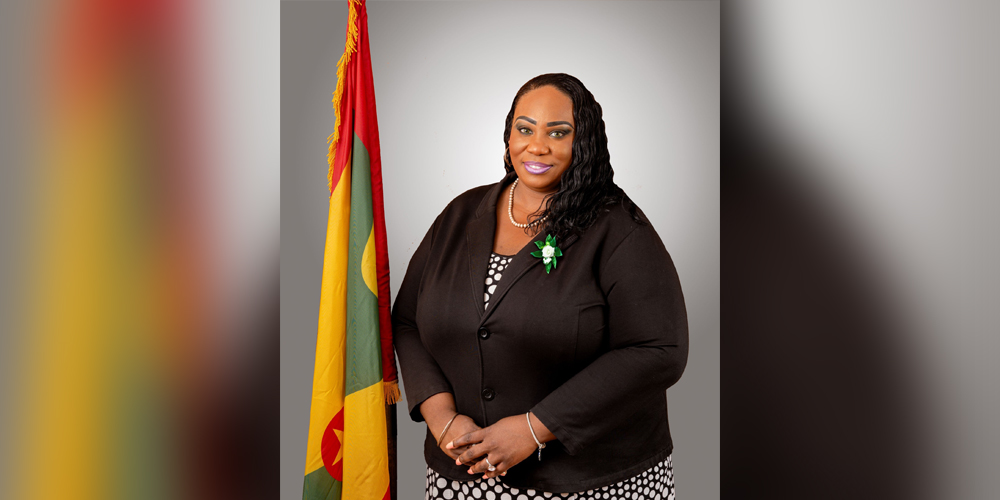From SGU Grad to Clinical Faculty: “It’s Inspiring to Guide Students on the Same Journey I Took”
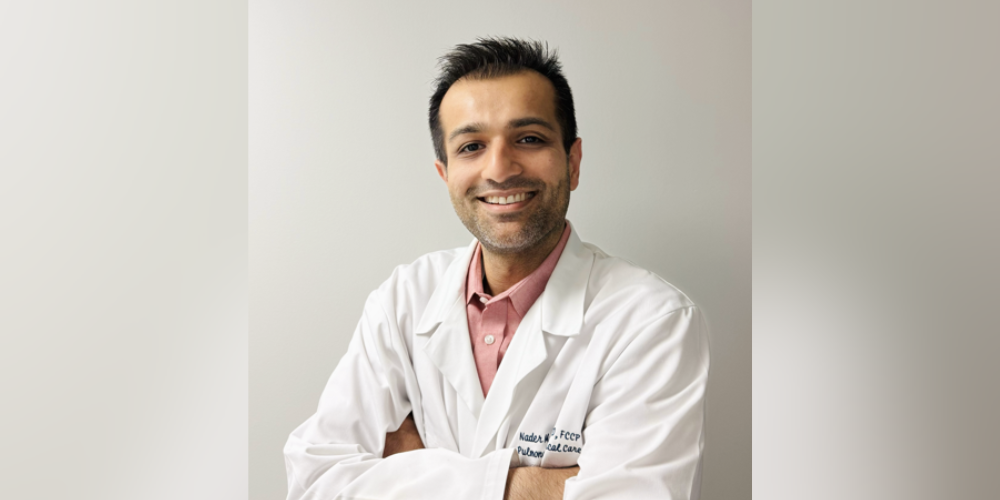
From student to mentor, Nader Mahmood, MD ’08, has come full circle at St. George’s University School of Medicine. Now a clinical faculty member, he oversees and guides SGU students while drawing from his own experiences.
“Being an SGU alumnus and now an instructor is incredibly rewarding,” said Dr. Mahmood, a pulmonologist at North Jersey Pulmonary Associates. “I vividly remember the challenges, excitement, and determination required as a student, which helps me connect on a personal level with my students.”
Dr. Mahmood serves as an internal medicine clinical assistant professor at St. Mary’s General Hospital/Saint Clare’s Hospital, one of SGU’s 75+ affiliated hospitals and clinical sites. He has been an SGU clinical faculty member since May 2023.
He is also a part of the core teaching faculty for the Internal Medicine Residency Program affiliated with New York Medical College/Prime Health Care Consortium at St. Mary’s General Hospital and St. Clare’s Health. Dr. Mahmood said he has been deeply involved with this program since its inception, contributing to its development from the ground up.
Recently, Dr. Mahmood also assumed the role of pulmonary site director at St. Mary’s General Hospital for the Pulmonary and Critical Care Fellowship Program affiliated with New York Medical College/St. Michael’s Medical Center. In this position, he can further contribute to the training and mentorship of future specialists in pulmonary and critical care medicine.
“It’s inspiring to guide my students on the same journey I took, offering insights and encouragement. Knowing the transformative role SGU played in my career, I feel a deep sense of gratitude and responsibility to give back by shaping the next generation of physicians.”
SGU News sat down with Dr. Mahmood to learn more about his career as a physician and an instructor.
St. George’s University: What are some of the ways that you interact with SGU students as a clinical faculty member?
Dr. Mahmood: Some of the ways include:
- Conducting bedside teaching rounds, which provides hands-on clinical experience,
- Reviewing and discussing clinical cases focusing on critical thinking and diagnostic strategies,
- Supervising students during procedural training, especially with airway management,
- Offering one-on-one mentorship, guiding students through research projects and career planning, and
- Leading lectures and interactive workshops that integrate clinical knowledge with foundational science.
SGU: What are some of the skills that students might acquire during clinicals?
Dr. Mahmood: In clinicals, students learn to develop:
- Proficiency in critical care decision-making and the ability to manage complex medical cases,
- Skills in diagnostic reasoning, particularly in evaluating pulmonary disorders,
- Experience with interpreting pulmonary diagnostic procedures and performing bedside ultrasound,
- Strong foundations in communication and teamwork, which are essential for patient care and interprofessional collaboration, and
- An appreciation for evidence-based medicine through active participation in research and academic discussions.
SGU: What fascinates you about pulmonary medicine? Why did you choose that specialty?
Dr. Mahmood: Pulmonary medicine captivates me because of its diverse and dynamic nature. The specialty involves addressing critical, often life-threatening conditions while also focusing on chronic care. The interplay between respiratory physiology, innovative technologies, and evolving therapies keeps me intellectually engaged.
I was fortunate during my clinical rotations at SGU to encounter exceptional mentors who nurtured my appreciation for pulmonary medicine. Their guidance and expertise deepened my understanding of the field and inspired me to pursue it with passion.
I chose this specialty because it allows me to make a tangible difference in acute care settings while also fostering long-term relationships with patients.
SGU: What is one piece of advice that you would like to pass on to students to be successful in their clinical education?
Dr. Mahmood: Embrace a growth mindset. Clinical education is as much about mastering the art of medicine as it is about navigating uncertainty and learning from mistakes. Stay curious, seek feedback, and never lose sight of the compassion at the heart of patient care. Remember that every patient encounter is an opportunity to learn and grow.
SGU: Why did you choose medicine as your career path? What appealed to you about going to med school?
Dr. Mahmood: Medicine appealed to me because of its unique blend of intellectual challenge and the opportunity to make a profound impact on people’s lives. The ability to combine science with compassion, problem-solving, and lifelong learning was irresistible.
SGU: Why did you choose SGU?
Dr. Mahmood: SGU has a stellar reputation, in my opinion, but what truly set it apart for me were the unique training opportunities it offered to me. The ability to train at multiple hospitals, not only across the United States but also internationally, was a major highlight for me, especially during my clinical years.
SGU: How did SGU prepare you for your career and specialty?
Dr. Mahmood: SGU provided me with a solid foundation that prepared me exceptionally well for my career and specialty. The rigorous academic curriculum and diverse clinical training opportunities gave me the knowledge and skills I needed to excel in medicine. SGU’s emphasis on global and culturally diverse medical education broadened my perspective and helped me develop a holistic approach to patient care.
SGU: What was your own clinical experience at SGU like? How did it contribute to your success?
Dr. Mahmood: During my clinical rotations, I had the chance to train at various hospitals in different settings, which exposed me to a wide range of cases and patient populations. This hands-on experience was invaluable in shaping my diagnostic and critical thinking abilities. Additionally, SGU’s supportive environment and dedicated faculty played a crucial role in nurturing my confidence and passion for medicine.
SGU: What advice would you offer to students who are considering SGU?
Dr. Mahmood: My advice to students considering SGU is to embrace the opportunity with an open mind and a commitment to excellence. SGU offered me an amazing education with a unique global perspective that prepares you to thrive in diverse clinical environments.
SGU’s diverse environment exposes you to different cultures, perspectives, and healthcare systems. Use this experience to grow both personally and professionally.
To me, SGU has a proven track record of preparing successful physicians. Trust the education and training you will receive and know that your hard work will pay off.
— Juliette Kimmins
